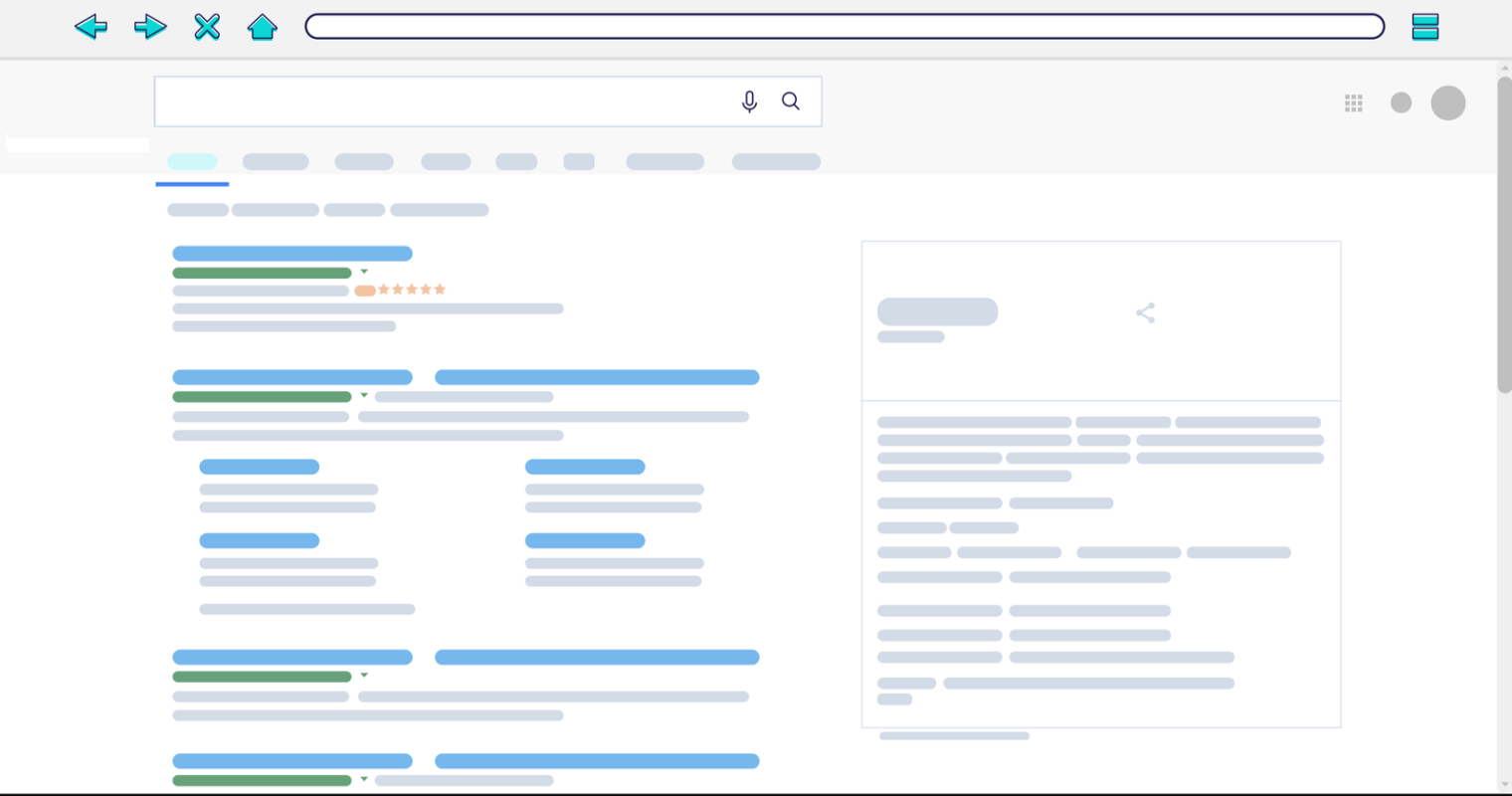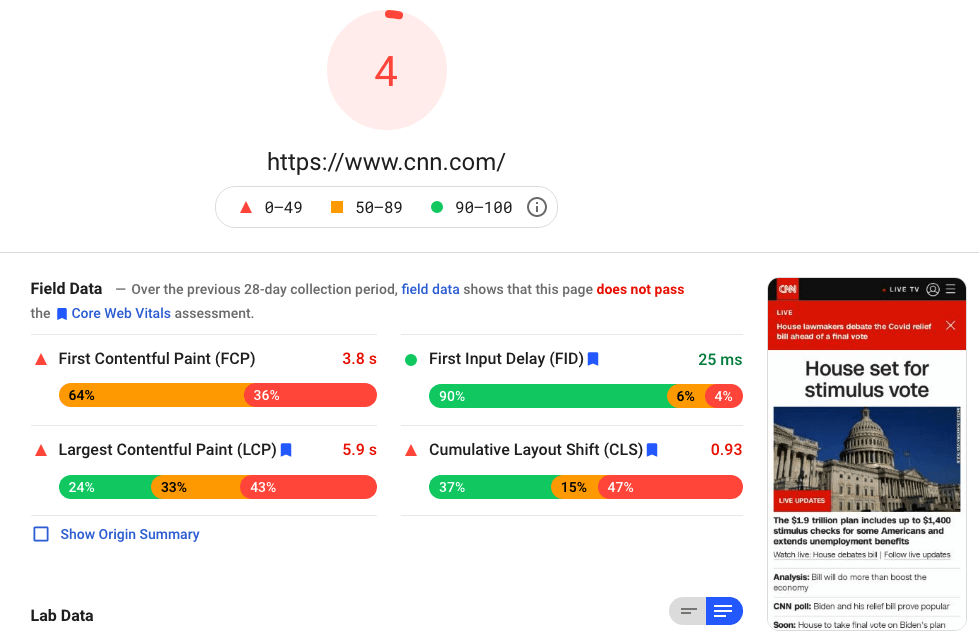What is SEO?
Roy Bielewicz
What is SEO?
The term “SEO” gets thrown around a lot in the marketing world, and rightfully so, since it’s a very important part of your marketing tool kit. But what exactly is SEO, how can you leverage it for your company, what’s with all of these companies claiming to get you top rankings?
The Fundamentals
SEO stands for “search engine optimization”. Essentially, it’s the practice of improving your site’s visibility on search engines, and increasing quality traffic from search engines via organic search results.
What the Heck is Organic Search?
No, organic search has nothing to do with pesticides, Whole Foods, or cleansing. When it comes to search engines, organic or natural search refers to search engine listings or results that are not paid, but are the result of the search engine algorithm determining that the listing is relevant to a given search query. In other words, if you search for “hot sauce”, the results that are returned as a combination of paid listings (usually at the top or bottom), and unpaid listings that Google thinks are the most relevant to your search. These will include links directly to a website, and often also include image results, videos, informational snippets, and map pack listings (those “near me” listings).
SEO is Not “Advertising”
You’ll often hear companies incorrectly use the term SEO as a general term, when really they’re talking about advertising on Google. SEO is not the same as pay-per-click, or SEM (search engine marketing). Your SEO listings are “free”. So if you’d like to have your listings appear in the ad section of the Google search results (SERP), you’ll need to implement a paid search program, also generally known as PPC, or pay per click.
How Do I “Do” SEO?
At its simplest, there are two main aspects of SEO: technical SEO (your site structure and coding), and content. (And yes, that’s a major over simplification, but for the sake of this article we’ll look at those two aspects from a high level.)
Technical SEO
Technical SEO helps to ensure that Google’s spiders are able to access the content on your site, that it understands the structure and content of your site, and ensures that Google sees your site as a quality site. Important factors are things like sitemaps, image alt tags, title tags, H1 tags, and meta descriptions. Another extremely important aspect of technical SEO is your site speed and mobile friendliness. Google has moved to focusing primarily on your site’s mobile performance, and how quickly your site loads on a mobile device is a large part of how it will rank your site’s pages. To see how Google rates your site speed, visit the Google Developer tools at: https://developers.google.com/speed/pagespeed/insights/
Keep in mind that Google looks at the load time of each page, so just running an analysis of your homepage will give you a quick idea of how the site is performing, but doesn’t provide a complete picture.
Technical SEO can be very complicated for novice web developers, but there are plugins for WordPress, Joomla, and other content management systems that can assist you in optimizing your site and increasing your page load times. It is possible to actually harm your rankings, however, if you’re not familiar with these tools, so it always helps to enlist an experienced expert for your technical SEO needs. And no, not every web developer or agency, no matter what they claim, are SEO experts.
Content Marketing
The second key aspect of SEO is your site’s content. When providing search results, Google tries to find the links and content that is most relevant to a search. It uses a number of factors to determine this relevance, including what it considers authoritative content. Therefore, the more relevant content that your site has on a given topic, the more likely other sites are to link to it, and the more Google views it as relevant to a search. In the past, nefarious websites would try to spam Google by stuffing pages with keywords, or creating multiple pages with essentially the same content but just changing the title and certain keywords (e.g., all the city pages that some local service providers sometimes still have, like “plumbing miami, plumbing tampa, plumbing st. pete, etc.”). Google is sophisticated enough to recognize this spam, and give preference to content that’s actually geared toward consumption by end users.
Blogs are one of the easiest ways to start populating your site with helpful, rich content. But you can also gain search engine listings with well written category pages, product pages, about us, FAQs, recipes, how to, event listings, and much more.
Off Page SEO
SEO isn’t just limited to driving traffic to your website. At the end of the day, your goal is to drive traffic, leads, sales, and revenue. Increasingly, Google makes that possible without ever leaving the search engine. One of the most effective off-page (or off-site) SEO tools, particularly for local businesses, is Google’s My Business Listing. This free listing allows you to gather reviews, post images, times, phone numbers, services, etc., and is what powers the local “map pack” that you see when searching for businesses “near me”. Much like your site, these listings can also be optimized to ensure that they rank better.
Other offsite opportunities are directories (Yelp, Angie’s List, etc.), image search, YouTube, forums, social media accounts, third party blogs (Medium, Tumblr), image sharing sites, Reddit, and more. By establishing a presence on these sites, and optimizing your content, you can help drive business even if someone doesn’t visit your site directly.
Conclusion
SEO should be a major part of your marketing strategy, no matter what industry you’re in. It’s an effective way to drive traffic to your business, and is something your internal team can readily contribute to. There are some aspects, however, that may make sense to outsource.
Contact us today to discuss how we can build a custom SEO program that fits your needs and has measurable results.
Contact Us







